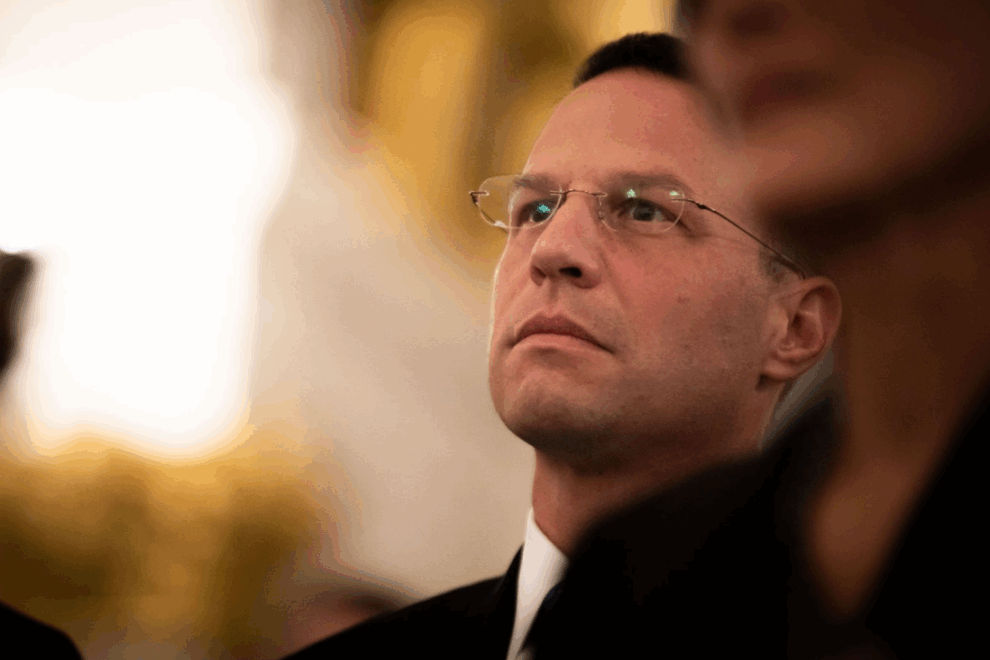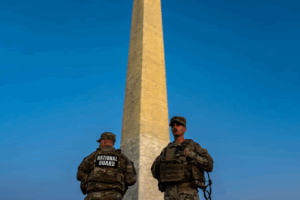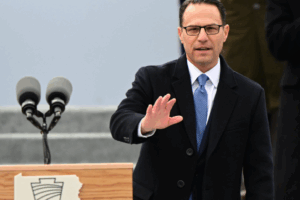Bipartisan support for a “second industrial revolution” was the theme of the day during the summit, but questions remain whether Gov. Josh Shapiro can live up to the challenge.
With the Pittsburgh’s Energy and Innovation Summit recently concluded, expectations are high that the Steel City can experience another renaissance, what is being called the “second industrial revolution.” While attending the event, President Donald Trump told the New York Post it is meant to “open the eyes of a lot of people of what is about to be unleashed in Pennsylvania.”
The event, held at Carnegie Melon University and hosted by Sen. Dave McCormick served as the backdrop for Trump to announce $90 billion in investments for the state, coming from large tech and energy companies. Trump told attendees “We’re building a future where American workers will forge the steel, produce the energy, build the factories”, calling it “a true golden age for America.”
Pennsylvania’s first steps as a leader in artificial intelligence have already begun according to nonprofit Code for America, which listed the Keystone State among “the top three states for AI usage, training and capacity building in their governments.” The group’s senior director of data science was quoted by Axios: “Pennsylvania really invests in state capacity building. It has implemented ChatGPT use for state employees” while the outlet also notes language learning company Duolingo, headquartered in Pittsburgh, has leaned heavily on AI.
Reacting to the bipartisan Energy and Innovation Summit, Gov. Josh Shapiro is eager to position himself as a visionary leader driving Pennsylvania into a new technological and energy-driven era. but his performance raises questions about substance versus showmanship. At a recent summit alongside federal and industry leaders, Shapiro touted bipartisan cooperation and speed-to-market as keys to building AI-powered energy hubs—yet his claims feel more like carefully crafted talking points than tested policies. The chair of the Republican Committee of Allegheny County, Jason Richey, told the Post-Gazette Shapiro sounds like “a master politician” who says, “all the right things.” Richey said while Shapiro wants to claim Pennsylvania open for business, he has deep concerns over Shapiro’s emissions regulations that could hinder the development of energy projects desperately needed to power the state’s growing tech sector.
While Shapiro champions AI adoption in government, framing it as a “job enhancer”, he acknowledges the difficulty of using AI responsibly, including the protection of citizens’ privacy. The Shapiro administration has provided access to ChatGPT to thousands of state employees after what he called a successful pilot program showed the nearly 200 employees with early access saved more than 90 minutes per day.
His insistence that AI and energy investments are unalloyed goods comes with little acknowledgment of environmental, labor, or privacy trade-offs. When Shapiro announced a huge project in which Amazon Web Services is investing $20 billion in infrastructure for AI, Republican lawmakers began questioning how to strike the balance between unleashing innovation and “establishing guardrails” that ensure Ai is used responsibly and legally.
While those attending and addressing the summit were quick to tout the billions in investments, liberals and supporters of “green energy” projects were displeased with the lack of discussion of energy projects other than natural gas or other fossil fuels.
As the state takes its next steps after the summit, it’s clear that Pennsylvania is at a pivotal moment, but the path forward is far from settled. The promise of a “second industrial revolution” may excite investors and politicians alike, but it also invites scrutiny. Behind the fanfare of billion-dollar announcements and bipartisan photo-ops lies a more complicated reality: regulatory uncertainty, environmental trade-offs, and unanswered questions about how AI will reshape the workforce. Governor Shapiro may be eager to brand Pennsylvania as a national model, but critics on both sides of the aisle are watching closely to see whether rhetoric will match results. For Pittsburgh and the broader commonwealth, true progress will depend on more than headline-grabbing initiatives.





